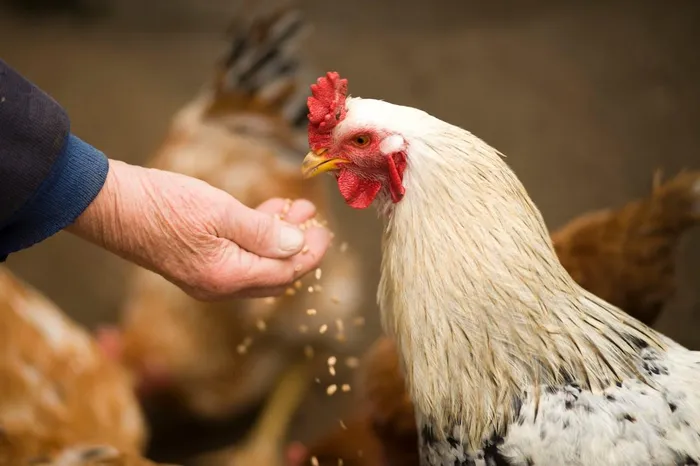Eskort warns of food security crisis as chicken imports from Brazil prohibited

This ban, enacted by the Department of Agriculture on 15 May due to an avian flu outbreak in Brazil's Rio Grande Do Sul state, has raised urgent alarms within the local meat industry.
Image: Pexels/IOL
South Africa stands on the precipice of a significant food security crisis following the government’s decision to ban chicken imports from Brazil.
This ban, enacted by the Department of Agriculture on 15 May due to an avian flu outbreak in Brazil's Rio Grande Do Sul state, has raised urgent alarms within the local meat industry.
Arnold Prinsloo, CEO of meat producer Eskort, has expressed grave concerns over the ban's implications for the country's most vulnerable populations, highlighting that production lines may halt by the end of June if the restrictions are not reversed.
“This will deprive South Africa’s most vulnerable citizens of more than 400 million low-cost meals per month,” Prinsloo warned during a press briefing.
He emphasised that many families and numerous school feeding schemes rely heavily on processed chicken products such as polony, Viennas, Russians, and Braaiwors.
The looming halt in production poses a serious risk of widespread hunger and malnutrition, especially among low-income households.
Prinsloo has called for the Department of Agriculture to adopt a more tailored approach, akin to that of neighbouring countries like Namibia and Mozambique, which have managed their import bans more cautiously.
He advocates for a regionalised ban that focuses solely on the affected state, allowing imports from the rest of Brazil.
“A pragmatic and proactive decision to accept imports from unaffected regions will go a long way to heading off the looming crisis in South Africa,” he stated.
Echoing these sentiments, industry bodies, including the Association of Meat Importers and Exporters and the South African Meat Processors Association, have urged the government to align with World Organisation for Animal Health protocols, which would facilitate continued trade from unaffected areas.
Countries such as Japan and Saudi Arabia have successfully implemented zoning strategies, allowing them to import poultry while shielding public health.
The economic repercussions are profound. South Africa imports around 19,000 tonnes of mechanically deboned chicken from Brazil monthly.
This quantity is essential for producing a staggering 404 million low-cost meals each month when mixed with other ingredients, according to Prinsloo.
The projected 4- to 6-week gap in supply may see production facilities idle, leading to potential job losses and destabilising the lower living standards market, creating a recipe for socio-economic upheaval.
Critics within the local poultry industry have claimed they can fill the gap in supply.
However, Prinsloo counters these assertions by stating that while there may be capacity for fresh or frozen chicken, local producers fail to meet the essential need for mechanically deboned chicken, a product for which South Africa relies on Brazil for 92%.
“This is why the situation is extremely serious,” he added.
Finally, Eskort touts its rigorous production processes as ensuring the safety of its products amid health concerns related to avian flu.
By heating mechanically deboned meat to temperatures exceeding 70°C, they produce safe, consumable products, a practice that has been integral to their 108-year history without any food safety issues.
BUSINESS REPORT
Visit: www.businessreport.co.za